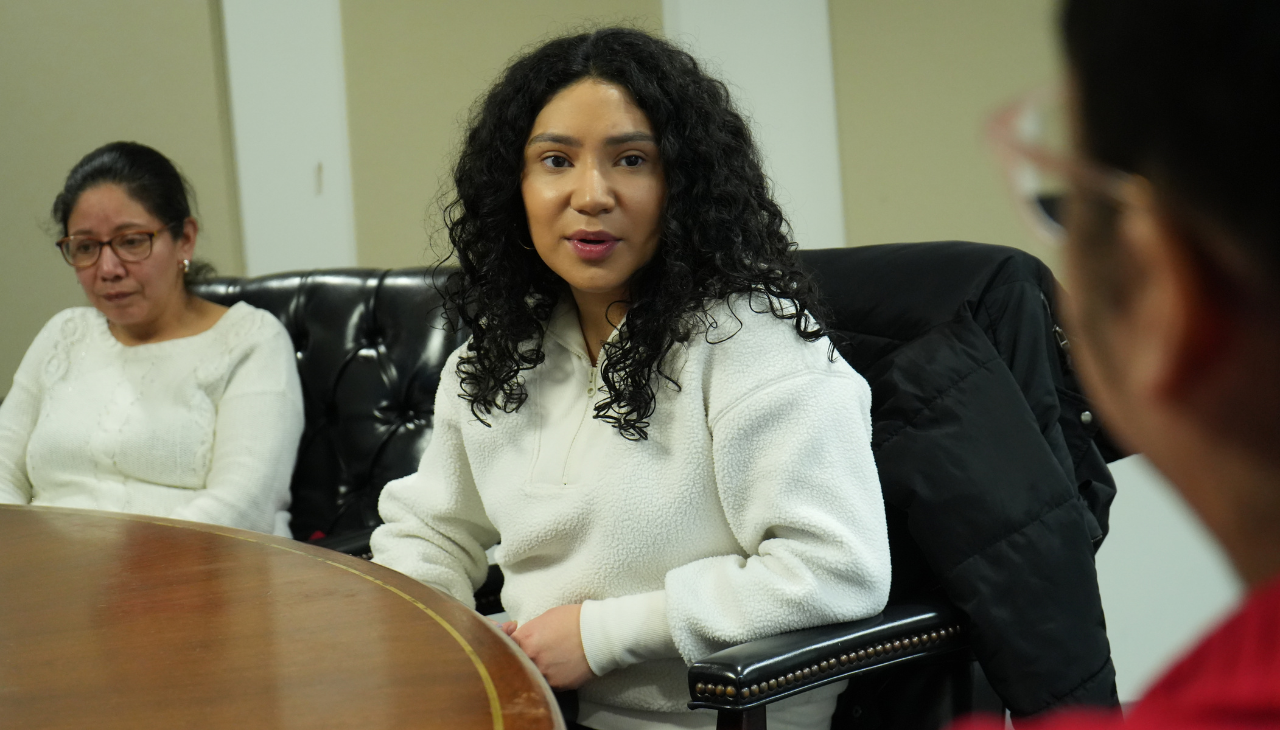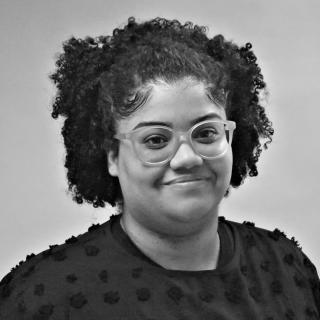
Teenager pedals her way to the University of Pennsylvania
Sarahi Franco-Morales shares in her admission essay how her bicycle represents more than a form of transportation
Sarahi Franco-Morales was born in New York and moved to Philadelphia at the age of two—her father, Martín, cites a better socioeconomic prospect as the reason for the move.
She focused on excelling academically and volunteering with different organizations that could help her connect to the Latino community and be of service.
Attending Independence Charter School, in Sarahi’s words, “opened my eyes…it gave me motivation” to be able to provide a better future for her family, adding that “not all of us are the same, that is, there are people who have their houses [in affluent areas], and they are gigantic and beautiful;” This was her first exposure to life outside of what was ‘normal’ to her—going to the supermarket and checking prices for better deals and being mindful of weekly expenses.
As a Mexican-American, Sarahi understands the countless opportunities at her disposal—a privilege she often refers to that she hopes will be able to “open many doors to the undocumented community.”
The burden immigrants carry
What immigrants leave behind in hopes of a better future sometimes can outpace the strides to reach the American Dream—in the case of Martín and Teodora, life in America has been about hard work.
Martín explains that Sarahi has been indebted since birth because “when we come from another country to this place, we bring all the intentions of helping those who were left behind.” He further adds that he left his parents in Mexico—his father passed away three years ago, but his mother is still alive, and for the past 20 years hasn’t stopped financially providing for his family—monthly allowance for his mother, who he says presumes with whomever she can about her son’s attentiveness.
However, Sarahi’s mother wrestles with guilt for leaving her son behind in Mexico. He is 28 years old and married with a son. Teodora explains, “sometimes one comes to this country looking for a good life, and at that moment, one does not realize what one is leaving behind.”
Unable to bring him to the States, she knows the money he makes in Mexico is not enough to stay afloat.
“As a mother,” she explains, “I feel indebted to him. By trying to help him, not the way I wanted. [However], he doesn’t feel drowned in Mexico.”
Using her parents’ sacrifice for a better future in the States as motivation, Sarahi wants to be able to “teach [her parents] that this world [of opportunities] exists and that our community also deserves” to have such privilege—despite a language barrier, which is a common issue among immigrant families and those with immigrant roots.
Acceptance to Penn
When it came time to apply to colleges, Sarahi was inclined to attend the Community College of Philadelphia (CCP), which was affordable, convenient, and would allow her to still live with her parents—her safety net.
RELATED CONTENT
Motivated by those who believed in her ability to thrive in an ivy league institution, Sarahi applied to the University of Pennsylvania.
“How do I express myself so that they know the person I am and understand me and love me through a computer?” were some of the concerns Sarahi had about the online admission process. “I will always fight and advocate for the Latino Community.”
With that same vigor, in her admission essay, she shared her connection with soulmate, her bicycle—a form of transportation and livelihood for the low-income student. In her words, “I tried to be vulnerable,” by describing her connection to the community and how a bicycle allowed her to explore the city and reach different opportunities.
But soulmate represents the family’s unity—built by recycled parts her father came to possess and allowed Sarahi the opportunity to receive a full scholarship to Penn.
Although Sarahi’s parents are not well versed in how the higher education system in the United States works, they are gradually grasping how her acceptance to Penn will open many opportunities for Sarahi to continue advocating for the Latino community.
Sarahi will be pursuing a BA in Political Science with a Minor in Communications and hopes to work in politics and amplify their voices in the United States to serve the Latino community.
“Making sure the Latino community knows the importance of understanding the problems of the government, the system, to know the importance of knowing the people who work for us, the politicians who are working for us,” concluded Sarahi.











LEAVE A COMMENT:
Join the discussion! Leave a comment.